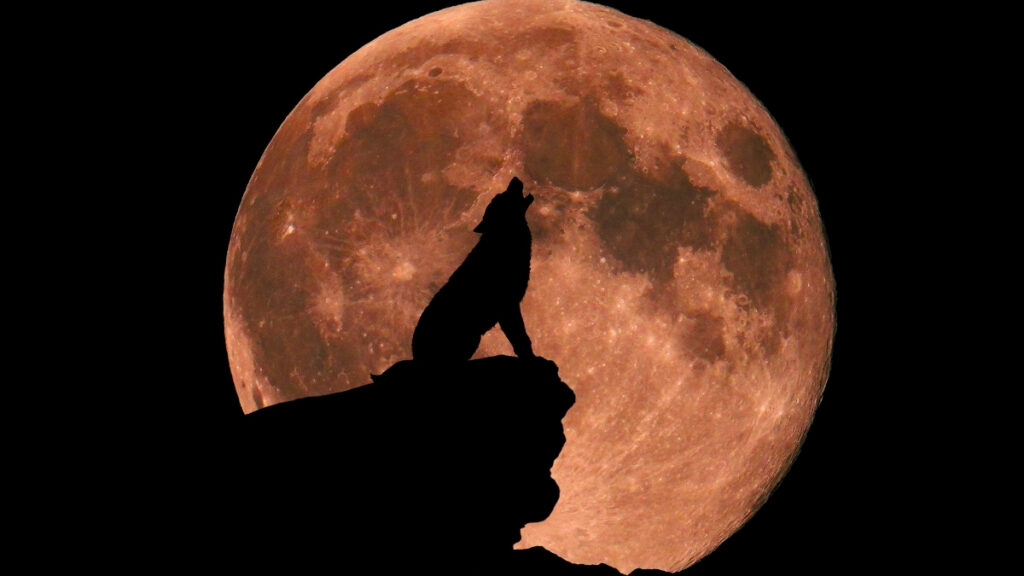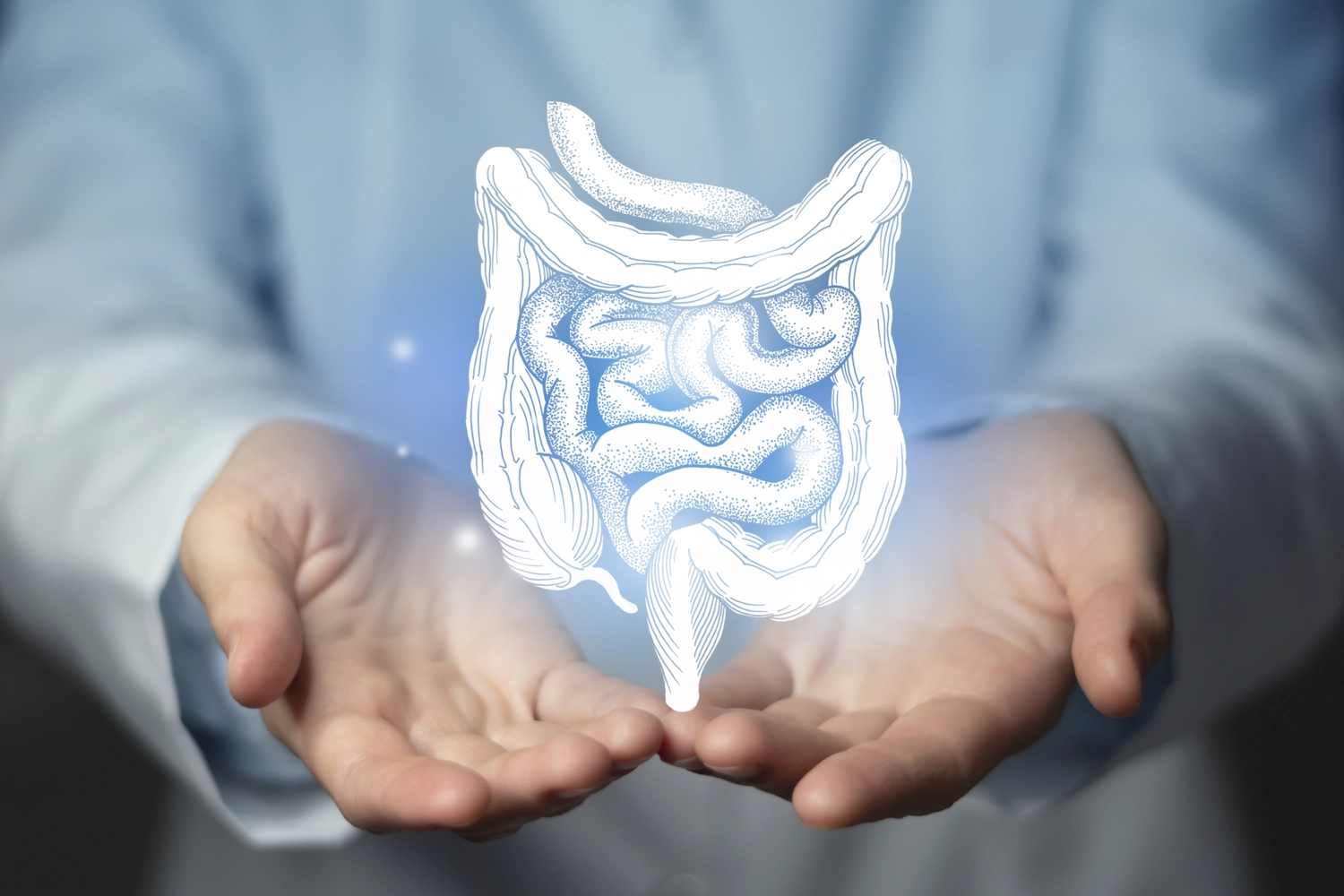
Recent findings have reignited interest in the age-old question of whether the full moon influences human sleep. A study from the University of New South Wales has revealed that many people experience disrupted sleep patterns during this lunar phase. The research, conducted in 2023, sheds light on the connection between lunar cycles and sleep quality.
The study involved observing the sleep habits of 33 adults in a controlled environment. Participants were monitored over several lunar cycles, and the results indicated that individuals took, on average, 20 minutes longer to fall asleep during a full moon. Furthermore, the quality of their sleep appeared to decline, with a reported decrease in deep sleep by approximately 8%.
Understanding the Science Behind Sleep Disruption
The connection between the full moon and sleep has been a topic of debate for centuries. Researchers like Dr. Richard Wiseman, a psychologist and author, have previously explored this phenomenon. In a study published in 2013, Wiseman found that participants displayed altered sleep patterns correlating with the lunar phases. Despite skepticism in the scientific community, these studies have sparked increased interest in how natural light affects our circadian rhythms.
Circadian rhythms are the body’s internal clock, regulating sleep-wake cycles based on environmental cues. The full moon’s brightness can potentially disrupt these patterns, leading to difficulties in falling asleep and achieving restorative deep sleep. The recent findings from the University of New South Wales add weight to the argument that natural light plays a significant role in sleep quality.
Various cultures have long attributed changes in behavior and health to the lunar cycle. Folklore often describes heightened emotions or increased energy levels during a full moon, sometimes referred to as “lunacy.” While many of these claims lack scientific backing, the sleep study provides concrete evidence of physiological changes during this lunar phase.
Implications for Sleep Health
Understanding the implications of lunar phases on sleep can be vital for those struggling with sleep disorders. As the research highlights, the full moon may not just be an aesthetic phenomenon but a factor influencing our well-being. For individuals who find their sleep patterns affected during this time, awareness could lead to proactive measures.
For example, individuals might consider optimizing their sleeping environment by using blackout curtains to reduce moonlight exposure. Additionally, practicing relaxation techniques prior to bedtime can help mitigate the potential effects of disrupted sleep.
The exploration of the full moon’s impact on sleep is a reminder of the complex relationship between nature and health. As research continues to evolve in this area, it opens the door for further investigations into how environmental factors influence our daily lives. The findings from the University of New South Wales contribute to a growing body of evidence suggesting that, while we may not fully understand the nuances of lunar influence, the connection between the moon and human behavior is worthy of exploration.
As discussions around sleep health become increasingly relevant, the full moon may serve as a fascinating point of reference for understanding our natural rhythms and enhancing our overall well-being.







